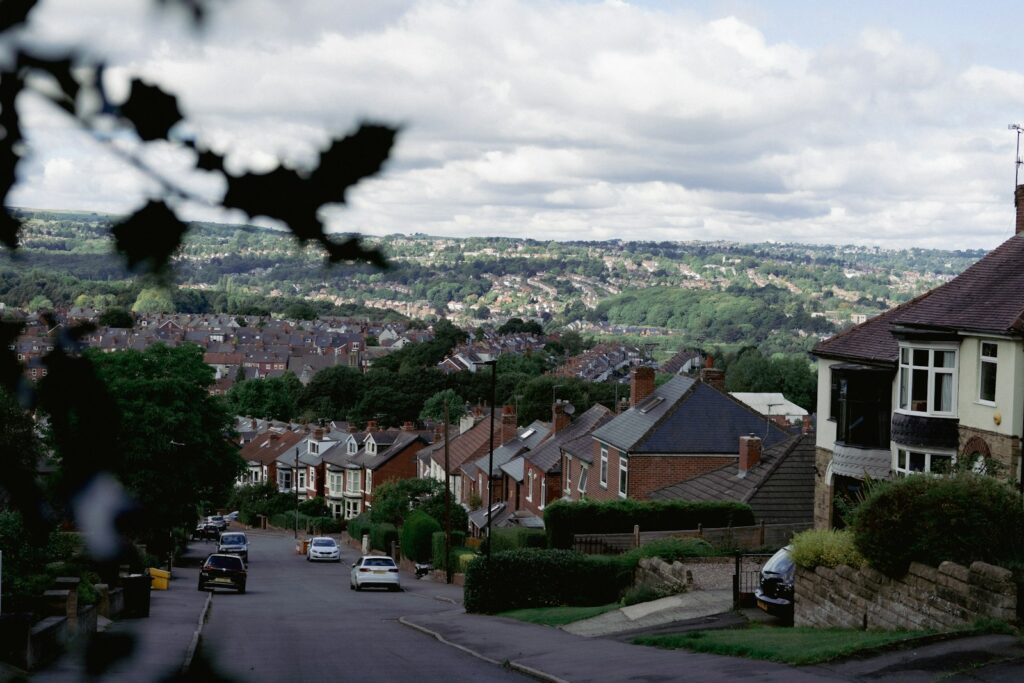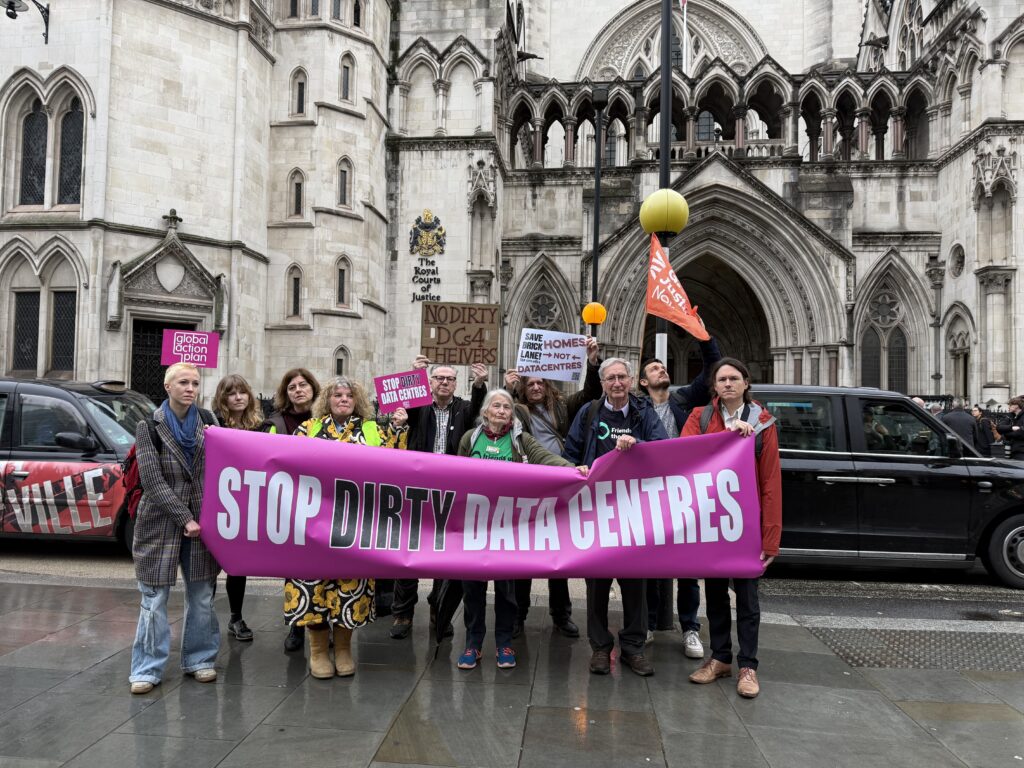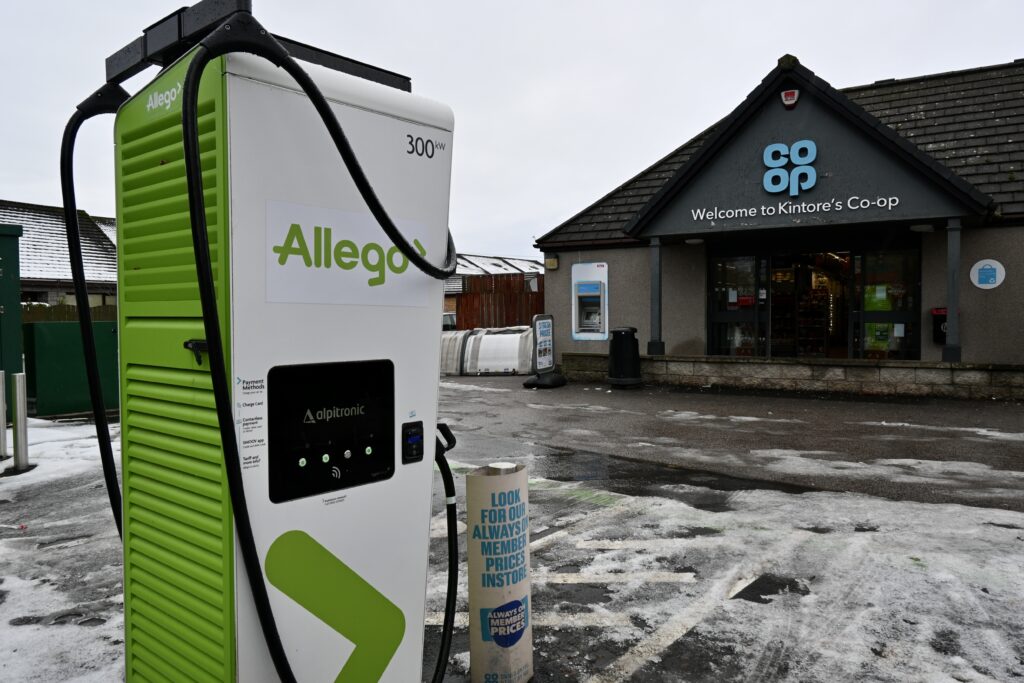As the world’s greatest athletics competition unveils impressive numbers relating to impact, one carbon expert argues more must be done to engage fans in climate initiatives.
The XXXIII Olympiad opens tomorrow in one of Europe’s most iconic but over-visited cities. Running from 26th July to 11th August, during that time millions of visitors are expected to arrive in the French capital, bringing a predicted £2.2billion in for the national economy.
The Olympic Games are always big business for the host cities and nations, and Paris 2024 is no exception. But while the competition period is a boon to local and regional trade, there have long been questions hanging over the true legacy of the world’s biggest sporting event. And, over the past decade, increasing pressure to reduce a mammoth-sized footprint.
This week, reports hit of impressive top-line statistics from the organisers, who have confirmed a number of environmental initiatives running in the background, or running the Games entirely. Just 5% of the total carbon emissions budget will be used on energy, with renewable assets replacing diesel generators and biopropane used for the Olympic torch. Meanwhile, built environment impact has been slashed, with 95% of infrastructure either temporary or reused.
Overall, emissions have been halved in comparison with averages from the past three editions, excluding Tokyo 2020 which had no spectators and therefore significantly less travel impact. Beijing 2022, PyeongChang 2018, and Rio de Janeiro 2016 caused 3.5million mtCO2e of emissions, while Paris will result in an estimated 1.58million mtCO2e. 1.47million mtCO2e of carbon credits across 13 individual projects have been been bought as a result.
Kat Peter is Head of Carbon at CarbonClick and an expert in the offset market. Speaking in the run up to the Games she’s quick to point out that Paris 2024 set a precedent for future editions. ‘I did find it good that they set a carbon budget, and this happened really early on,’ she tells us. ‘So the footprint would be taken into consideration in all operations and every action, pretty much, in the planning and execution of the event.
‘But it lacked something like a counting ticker to say how much of the carbon budget had been used along the way, I think this would have been good to see. And they’ve been fairly vague about tackling transportation of spectators and journalists, which is always, or normally, the largest footprint of an event. I think for the Olympics it was around 40%,’ says Peter. ‘My stance would have been to involve and make them accountable to some extent.
‘I think the O2 in London is a good example of this, factoring carbon offsetting into the ticket price,’ says Peter, soon explaining this is still a guessing game to some extent due to the number of variables involved in travel for so many people. ‘Some airlines may have an offsetting option, some don’t. And how would that data arrive? With the Olympic sustainability team?,’ she asks. ‘It’s almost impossible to measure.’
Still, the information we have today is a vast improvement on Carbon Market Watch’s analysis published earlier this year. The report described the Paris Olympics climate strategy as ‘commendable’, before raising several red flags. One was hoist over an initial communication strategy which used misleading terminology such as ‘climate neutral’ and even ‘climate positive’, and described prevailing ‘inconsistencies’ between public-facing messages and technical documentation. The issue of sponsorship also factored, with finance coming from a number of firms that do not have ‘climate leader’ credentials.
Nevertheless, Peter believes she is seeing the events industry developing, adapting and improving in environmental terms. CarbonClick services a number of industries, matching businesses with relevant, proven offset projects verified through an internal methodology and third party rating agencies. This includes sport.
As we continue talking VFL Wolfsburg are cited as a football team to take example from – consistently ranked as the Bundesliga’s most sustainable side. ‘They have fairly good sustainability reporting, and have done a lot around energy consumption, like putting LED lighting in. Food vendors are also considered, offering more vegan meals,’ says Peter. ‘In many ways, it’s the low-hanging fruit, the obvious steps, but they also consider the travel of supporters.’
Among other things, the German team engage fans in tree planting projects, and do their best to gauge and understand how much travel needs to be offset or mitigated. We ask for any other examples, and are told the racing league SailGP has ambitions to become the world’s most sustainable and purpose-driven global sports-entertainment platform. Again, a lot of this involves engaging with fans directly.
‘Look at some competitions and how many stadiums have been built in the middle of nowhere, meaning people have to travel. And how much infrastructure is reused?,’ Peter continues. ‘We’re talking about a unifying event, that’s at the heart of the Olympics, so another idea would be to spread it out across the globe to reduce the impact on one city. Paris is set for millions of visitors in just a couple of weeks.
‘But I still don’t think you can avoid the long-haul travel,’ she continues. ‘It’s a tricky one, because it would always need to be in a city that has some form of good infrastructure, like public transportation, all that. So, off the top of my head, I couldn’t really name you a city right now that could host the Olympics and isn’t already struggling with over-tourism.’
Image: Chau Cédric
More features:
King’s Speech: Labour turns GB Energy on, promises nationalised railways
Reasons to be cheerful: G20 tax reform support bolsters climate rethink

















